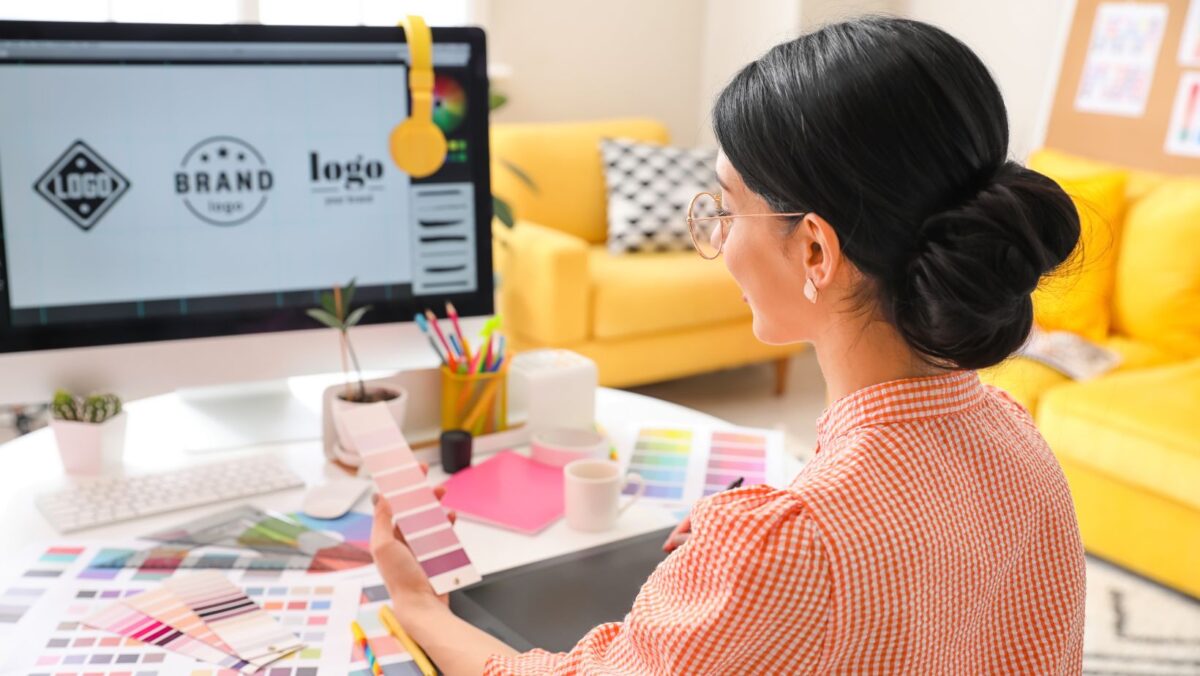What Is a Freelance Designer
Being a freelance designer is an exhilarating and dynamic career path that offers both freedom and creativity. As a freelance designer, I have the flexibility to work on diverse projects for various clients, honing my skills in different areas of design. Whether it’s creating visually stunning graphics, crafting user-friendly websites, or developing captivating branding strategies, being a freelance designer allows me to showcase my expertise while collaborating with clients from around the world.
One of the key aspects of being a freelance designer is the ability to manage my own time and workload. Instead of adhering to strict office hours, I have the freedom to set my own schedule and choose which projects align with my interests and strengths. This autonomy not only allows me to maintain a healthy work-life balance but also enables me to focus on delivering high-quality designs that exceed client expectations.
The Definition of a Freelance Designer
The Role of a Freelance Designer
As a freelance designer, my role is to provide creative solutions and design services to clients on a project basis. Unlike in-house designers who work for specific companies, freelance designers are self-employed individuals who offer their expertise to multiple clients across various industries. We act as independent contractors, taking up assignments and working remotely or from our own studios.
One of the key aspects of being a freelance designer is the flexibility it offers. I have the freedom to choose my projects based on my interests and availability. This allows me to work on diverse projects that span different design disciplines such as graphic design, web design, UX/UI design, or even illustration. With each new project comes an opportunity to explore different styles and techniques, keeping my creativity constantly engaged.
Skills Required for Freelance Designing
To be successful as a freelance designer, there are certain skills that are crucial for delivering high-quality work while managing client expectations effectively. These skills include:
- Technical Proficiency: A solid understanding of industry-standard software tools like Adobe Creative Suite (Photoshop, Illustrator, InDesign) or Sketch is essential for executing design tasks efficiently.
- Creativity: As a freelance designer, I need to bring fresh ideas and innovative concepts to the table. Creativity allows me to think outside the box and create designs that resonate with target audiences.
- Communication: Strong communication skills are vital in order to understand client requirements accurately and articulate design decisions effectively.
- Time Management: Working independently means managing multiple projects simultaneously while adhering to deadlines. Effective time management ensures timely delivery without compromising quality.

Skills and Expertise Required for Freelance Designers
When it comes to being a successful freelance designer, there are certain skills and expertise that are essential to possess. In this section, I’ll outline some of the key requirements for freelance designers.
- Creativity: As a freelance designer, having a strong creative flair is paramount. You need to be able to think outside the box and come up with fresh and innovative design concepts that captivate your clients’ target audience.
- Proficiency in design software: Being proficient in industry-standard design software such as Adobe Creative Suite (Photoshop, Illustrator, InDesign) is crucial. These tools will enable you to bring your creative ideas to life and deliver high-quality designs efficiently.
- Strong communication skills: Effective communication is vital when working as a freelance designer. You’ll need to understand your client’s vision and goals, actively listen to their feedback, and articulate your ideas clearly and convincingly.
- Time management: Freelancing requires excellent time management skills since you’ll often be juggling multiple projects simultaneously. Meeting deadlines is crucial for maintaining trust with clients and ensuring repeat business.
- Attention to detail: Paying attention to even the smallest details can make a significant difference in the quality of your work as a freelance designer. Whether it’s typography choices or color palettes, precision matters in creating visually appealing designs.
- Adaptability: The ability to adapt quickly is essential in the fast-paced world of freelancing. Each project may have unique requirements or constraints that you must navigate effectively while still delivering exceptional results.
- Business acumen: While creativity is at the core of being a freelance designer, understanding the business side of things is equally important. Familiarize yourself with pricing strategies, contracts, invoicing systems, and marketing techniques relevant to freelancers.
In conclusion, being a successful freelance designer requires a combination of creativity, technical proficiency, effective communication, time management, attention to detail, adaptability, and business acumen. By honing these skills and expertise, you’ll be well-equipped to thrive in the competitive freelance design industry.

